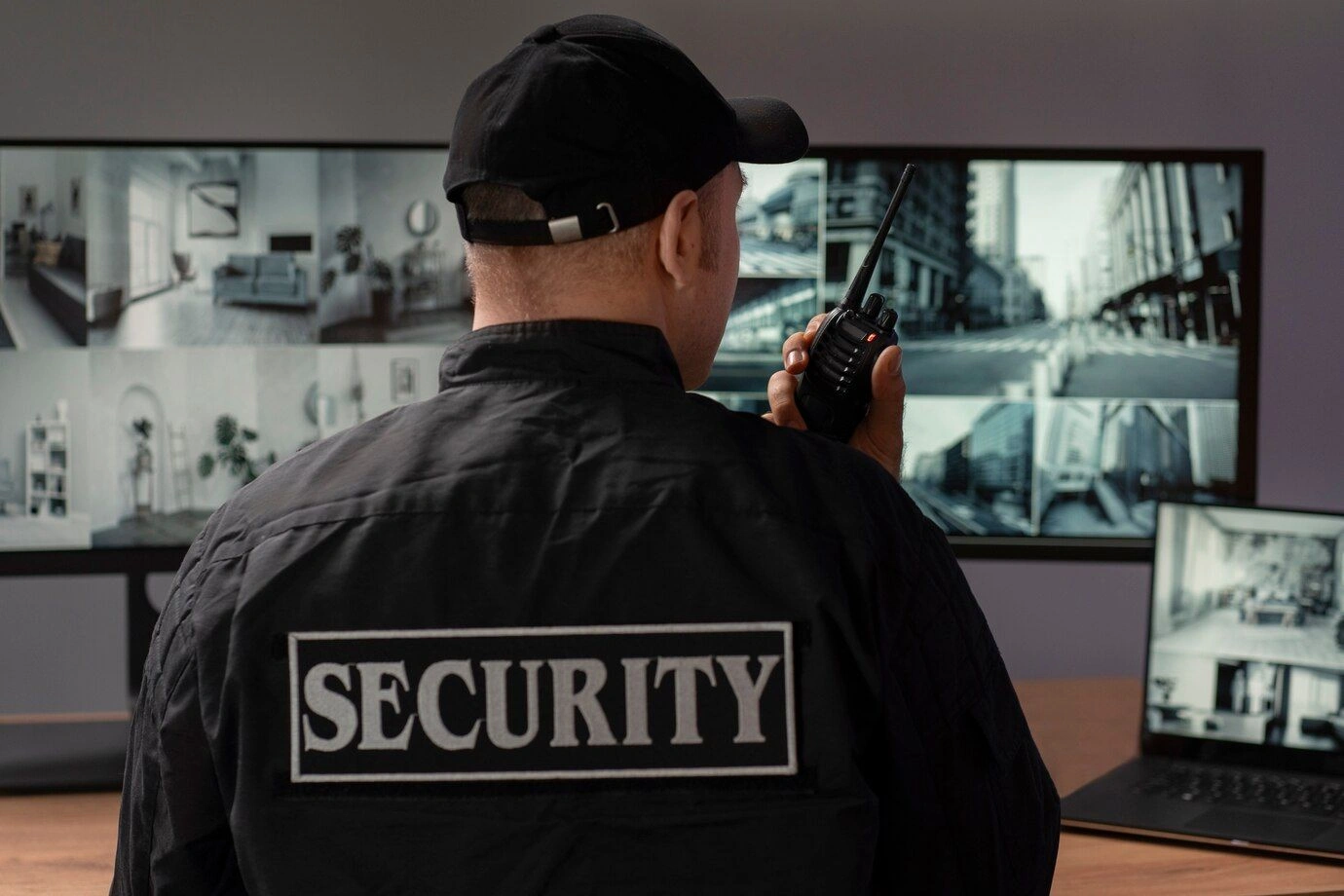
Romanian companies have the legal obligation to organize and ensure the security and protection of their objectives, goods, and assets under the responsibility of those in charge of their management.
Security and Protection Activities aim to ensure the safety of people, objectives, goods, and assets, including supporting authorities in identifying those who commit crimes against persons and property.
In general terms, security and protection can be ensured either by specialized personnel employed directly by the company or by specialized security and protection companies.
Security personnel, whether internal or external, cannot be involved in forced actions, debt recoveries, labor conflicts, or opposing actions aimed at restoring public order by the authorities.
1. Specialized Personnel Employed Directly by the Company:
2. Specialized Security and Protection Companies:
Such companies may provide security services for environments, objectives, goods, values, intellectual property, transportation (including data transfers), individuals (bodyguards), as well as consulting services in their field of expertise (assisting with the preparation and implementation of security and protection plans, conducting risk analyses, evaluations, and reports).
Specialized companies must equip their personnel with uniforms, distinctive insignia (as determined in the approval procedure), identification cards, and means of intervention and individual defense, as required by law.
Security and protection measures and means must be based on a physical security risk analysis, carried out according to instructions from the Ministry of Internal Affairs (M.A.I.), specialist structures, or authorized experts.
If the analysis concludes that sufficient physical means and technical systems for alarm, monitoring, and intervention are in place, without the need for human security personnel, a security plan is not required.
Otherwise, security is organized and carried out according to the security plan, which must consider specific criteria regarding the nature of the objectives, goods, and values to be protected, location, size, and vulnerability of the unit, the number of shifts, access points, etc.
The security plan and the measures implemented must be proportional to the scope of the company's activity. In some cases, it may not be feasible to implement an organized security system, but the unit leader must ensure at least the minimum legal level of protection.
The security plan must be adopted and modified only with police approval.
The security plan should include details on:
Specific Security and Protection Obligations Based on the Activity types:
Transporting Goods and Values:
Requires special, detailed security plans that specify the goods and values to be transported, environmental conditions, operational status, duration of transport, transport means, transport variants, security devices, and instructions for personnel involved.
The security plan must be updated only when modifications occur to the elements considered in the initial approved plan.
The plan must be submitted to the territorial police unit at least 15 days before the transport activity begins.
Security Conditions for Transporting Specific Value Margins:
Transportation Vehicle Security
Vehicles must be equipped with security, alarm, monitoring, localization, and surveillance devices, and communication equipment on legally approved frequencies.
Transporters must ensure continuous monitoring of the transport and immediately notify the police if any danger arises.
For Public Locations
Administrators of public places such as hotels, motels, campsites, clubs, and entertainment venues must employ qualified and certified security personnel, as required by law.
Agricultural Landowners
Legal entities owning or exploiting agricultural land may organize field security either individually or in cooperation with others, as per the law.
Minimum security requirements for different functional areas and categories of units are established by Methodological Norms.
Specific minimum security requirements include:
Failure to comply with legal obligations may result in fines ranging from 100 to 50,000 lei ( 20 EUR - 10.000 EUR) , depending on the specific offense, with the possibility of cumulative fines for distinct offenses.
A complaint can be filed against the violation report within 15 days of notification to the relevant court.
At Legal Pro Advisory, we offer advice on specific issues, drafting internal compliance documents, supporting licensing, certification, and approval procedures, and helping companies meet legal operational requirements while avoiding sanctions. We also provide representation in disputes to challenge sanctions.
